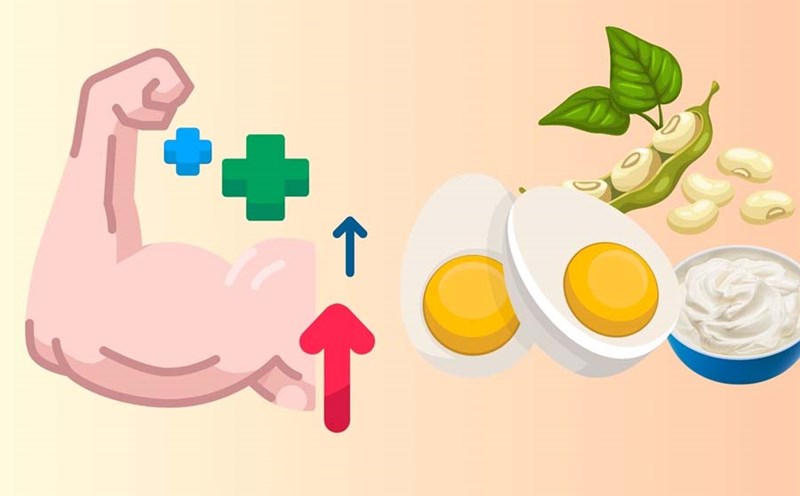However, for chicken breast to truly benefit the kidneys, the way it is prepared and consumed plays a very important role.
A diet rich in high-quality protein - such as chicken - can help people with kidney disease maintain body function, as long as the amount of protein is properly controlled.
Skinless, simply cooked chicken breast, low in salt will be a perfect source of protein, low in saturated fat and cholesterol. Studies published in the Journal of Renal Nutrition show that patients with chronic kidney disease should use lean protein sources such as poultry to reduce the metabolic burden on the kidneys compared to red meat.
However, cooking chicken breast needs special attention. The World Health Organization warns that processed foods, especially seasoned, bacon or fried meats, can contain high levels of sodium and phosphorus - two factors that can harm the kidneys if accumulated in the body. Therefore, you should boil, steam or grill skinless chicken breast, do not use many spices, especially salt or industrial sauce.
People at risk of kidney disease should adjust the chicken breast portion to about 85 - 115g/meal (equivalent to 1/2 small piece of breast) and combine it with vegetables and whole grains to balance nutrition.
Chicken breast is a good food for the kidneys if consumed properly. That is to choose lean, skinless, healthy ingredients (boiled, steamed, baked), limit salt and eat at a reasonable portion. When combined with a healthy lifestyle, this can be an important part of a long-term kidney health protection diet.











